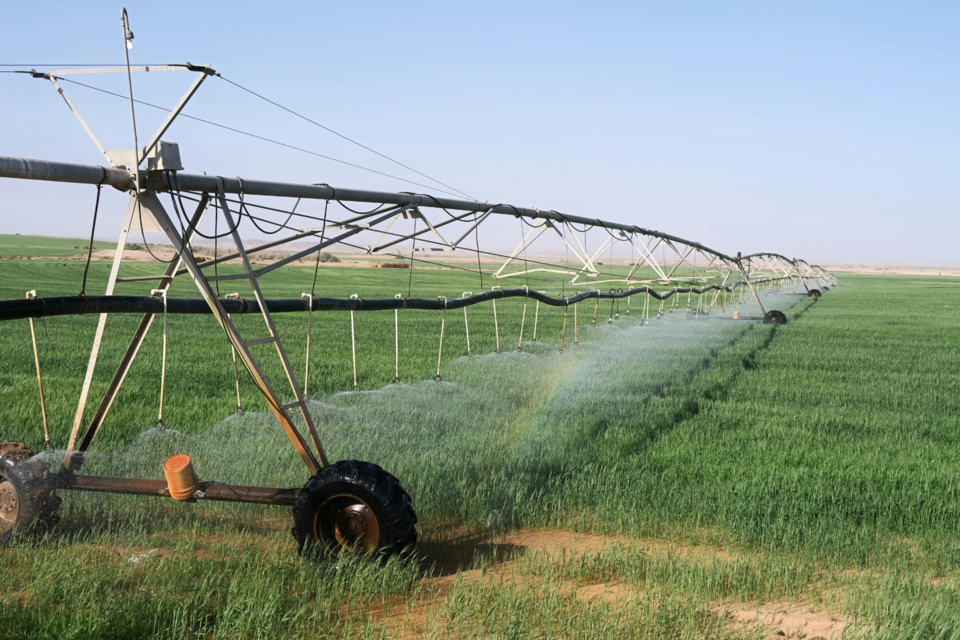The state is lifting a moratorium on drilling new irrigation wells in parts of Southwest Georgia that has been in effect for more than a decade.
Gov. Brian Kemp announced Wednesday that the Georgia Environmental Protection Division (EPD) will begin accepting applications for groundwater withdrawal permits from farmers on April 1. Applications must include drought-related measures aimed at ensuring the long-term viability of water supplies along the Lower Flint and Chattahoochee river basins.
“As Georgia farmers continue to recover from the devastating impacts of Hurricane Helene, I could not be more proud to deliver this good news,” Kemp said. “I am grateful to the EPD for their diligent and hard work in ensuring that our state is on a path that protects both Georgia farmers and our water resources.”
The EPD imposed the moratorium on new irrigation wells in 2012 in response to a two-year drought that dried up one stream and significantly decreased flows in others.
The agency eased the ban last year by lifting it during periods when frost threatened crops. But farmers complained that lifting the ban only for the limited time of the year when freezes are a concern didn’t go far enough.
Wednesday’s announcement cited extensive scientific research conducted since 2012 that has left the EPD confident the time is right to lift the moratorium completely.
“Our metering program has gathered extensive data strengthening our technical understanding of surface water and groundwater in the Lower Flint,” EPD Director Jeff Cown said Wednesday. “We look forward to working with all water users as they obtain these newly developed permits.”
Technological improvements during the last decade are allowing farmers to better track the amount of water they’re using to irrigate their crops. That ability to measure groundwater use was among the arguments lawyers for the state used to prevail in a long-running legal battle over water allocation against Florida and Alabama.




